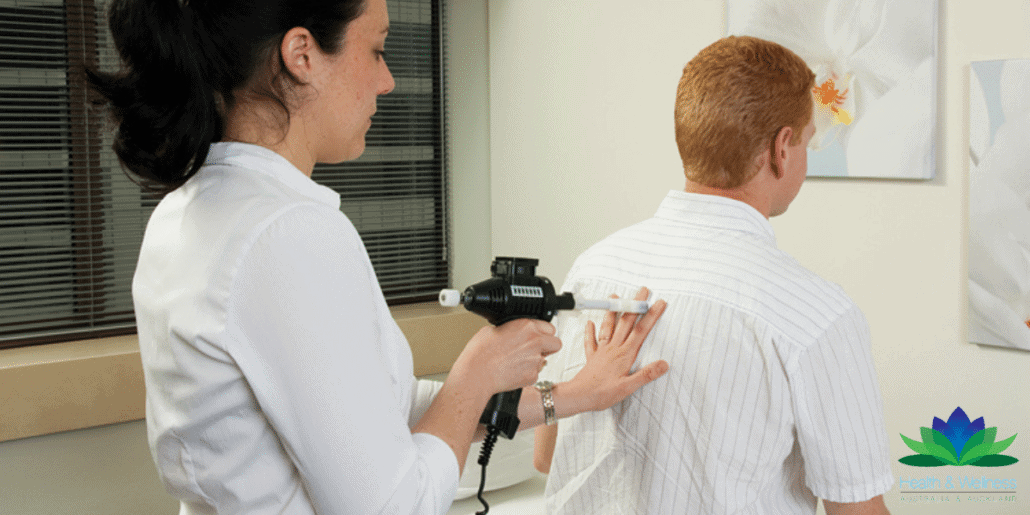5 Tips for Natural Seasonal Hay Fever Relief
Here in Australia, we’ve had an early start to spring and pollen season following one of the hottest August’s on record. Those of you who experience seasonal hay fever may have already started to notice symptoms appearing, so we’ll share our top five tips for natural seasonal hay fever relief.
“Wattle buds are popping up as the snow melts away in alpine Jindabyne, New South Wales, while the gentle aroma of jasmine is wafting through storm-stricken suburban Melbourne.” – The Guardian
The most problematic type of pollen is grass pollen, as they’re lightweight and spread easily. Grass pollen season usually starts towards the end of September, but experts from the Canberra Pollen Monitoring Centre are warning we could be in for an early and above average season for grass pollen.
At Health & Wellness Australia/Auckland, we have observed this first hand with our Positive Association Technique (PAT) clients, who are seeking an alternative approach to get natural seasonal hay fever relief.
Symptoms of Seasonal Hay Fever

- sneezing and runny rose
- coughing and itchy throat
- blocked nose
- itchy, watery eyes
- sinus pain and headaches
- fatigue and disrupted sleep
When you have a pollen allergy, you may find your symptoms improve in wet weather, which removes pollen from the air, and become worse on hot, windy days or after thunderstorms when pollen is stirred up.
Reactions to pollen can also contribute to flare-ups in eczema and asthma symptoms.
Symptoms that occur all year around are usually caused by other indoor triggers like dust mites, animal dander, and/or mould.
Natural Seasonal Hay Fever Relief Tips

1. Get a PAT Treatment for Pollen
At Health & Wellness Australia & Auckland (HWA), we use a technique called muscle testing (or kinesiology) to help pinpoint your reactions environmental substances, like pollen, that may be triggering or exacerbating your symptoms.
Following testing, you can work with your qualified Naturopath to address your reactions to these airborne using a natural allergy treatment called Positive Association Technique (PAT).
You can learn more about PAT, and find out if our approach to natural seasonal hay fever relief is right for you;
- Calling us on 1300 853 023 / 09 479 5997 (NZ) to chat to our friendly staff
- Send us your question HERE
- Request a Free PAT Information E-PACK HERE

2. Ensure proper hydration
Staying hydrated can help alleviate allergy symptoms by thinning out mucus in the nasal passages, making it easier to breathe. Adequate water intake also supports overall immune function, which can help the body respond better to allergens.
Also noted in a book called “Your Body’s Many Cries for Water” by Dr. Batmanghelidj, when you are dehydrated your body produces more histamine, which can further exacerbate symptoms.
For optimal hydration, aim for 35ml/kg body weight per day, plus extra after excessive sweating or consuming diuretics.

3. Avoid tracking pollen into your home
As pollen is mostly invisible, we actually bring a lot of it into our homes without realising it, as do our furry companions, where it can prolong our exposure.
When you get home, remove your shoes and put your clothes in the wash before you sit down on your couch, bed or carpet, to help prevent any pollen transfer.
Animal fur also catches pollen, so a quick wipe down of your pet’s coat, skin, and paws each time they return from outdoors will help remove excess pollen when a full bath isn’t possible.
Also avoid hanging your washing outside on high pollen count days, and use the dryer or hang them inside instead.
An air filter inside the home can also help clear any pollen that manages to make it into the home.

4. Cleanse your nasal passages
One of the most common causes for an allergy flare-up is from pollens sticking to your mucus membranes. Your mucus membranes, or the glands lining the inside of your nose that produce mucus, will work overtime to produce mucus if there’s any pollen present.
Therefore, ensuring that your nose is nice and clean is important for reducing allergy symptoms.
There are a few ways to clear out your nasal passage, ridding your mucus membranes of pollen, but the most commonly used is a neti pot.
While they work wonders when used correctly, improper use of a neti pot could increase symptoms and potentially cause an infection. Here is a guide to using a neti pot, written by the FDA.

5. Try natural histamine lowering supplements
Antihistamines are substances that block histamine activity in the body, which help reduce allergic symptoms.
Although studies have found we can actually build a tolerance to anti-histamine medications, resulting in diminished relief over extended use.
The natural alternative named quercetin is known for its antioxidant activity and anti-allergic properties, characterised by stimulation of immune system and inhibition of histamine release.
A 2022 study found participants given a 200mg dosage of quercetin reported a significant reduction in seasonal hay fever symptoms after four weeks of use.
Also, since up to 70% of our immune system resides in our gut microbiome, it’s no surprise that certain probiotic strains have been shown to help modulate hay fever symptoms. We also each have a unique nasal microbiome!
In a 2011 study, participants took a supplement containing Lactobacillus paracasei for 8 weeks, resulting in significantly down-regulated systemic immune markers and lower nasal congestion.

Written by our Sydney PAT Practitioner & Naturopath – Tracy Greenstone
Tracy completed her Naturopathic studies back in 2000. From 2005-2008 she worked with our previous company Advanced Allergy Elimination (AAE), providing allergy relief for a wide range of clients and symptoms.
After starting a family, Tracy excitedly re-joined the Health & Wellness Australia (HWA) team in 2023, practicing from our Surry Hills clinic.
Please note that this blog post contains general information only. Always consult your health care professional before changing your diet, starting new supplements or regarding any medical condition.